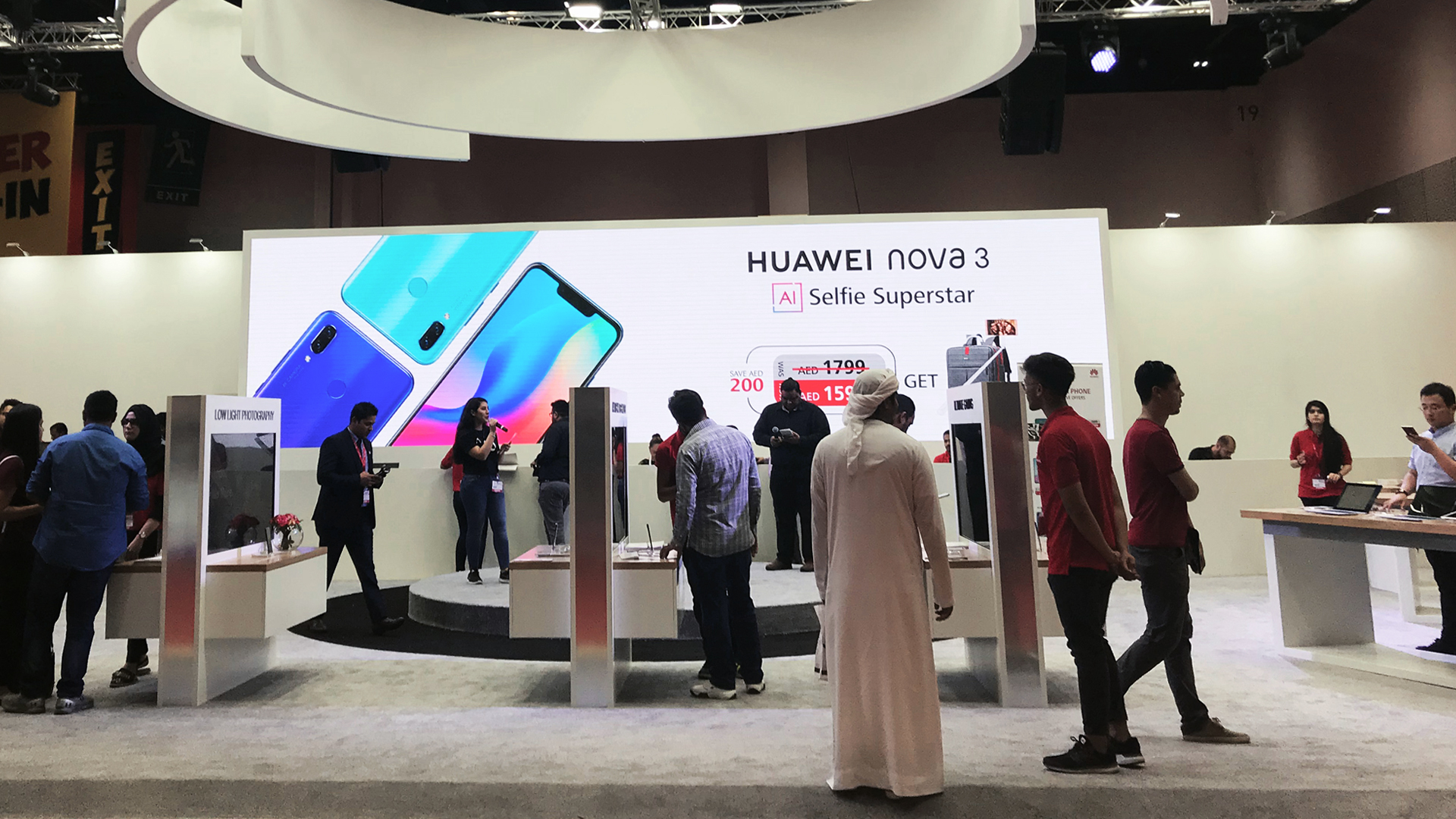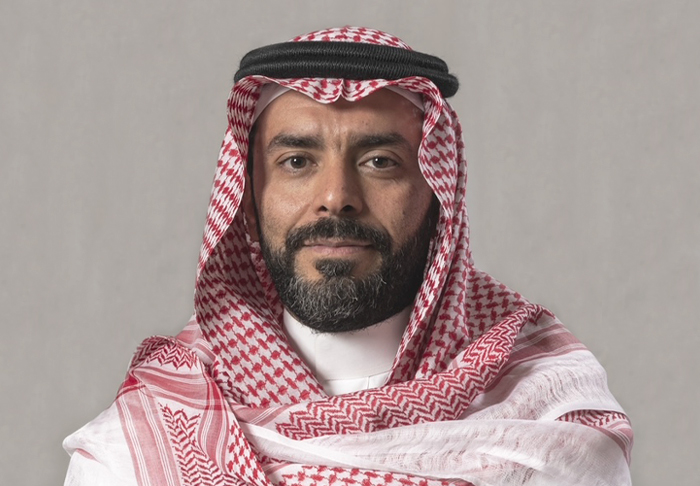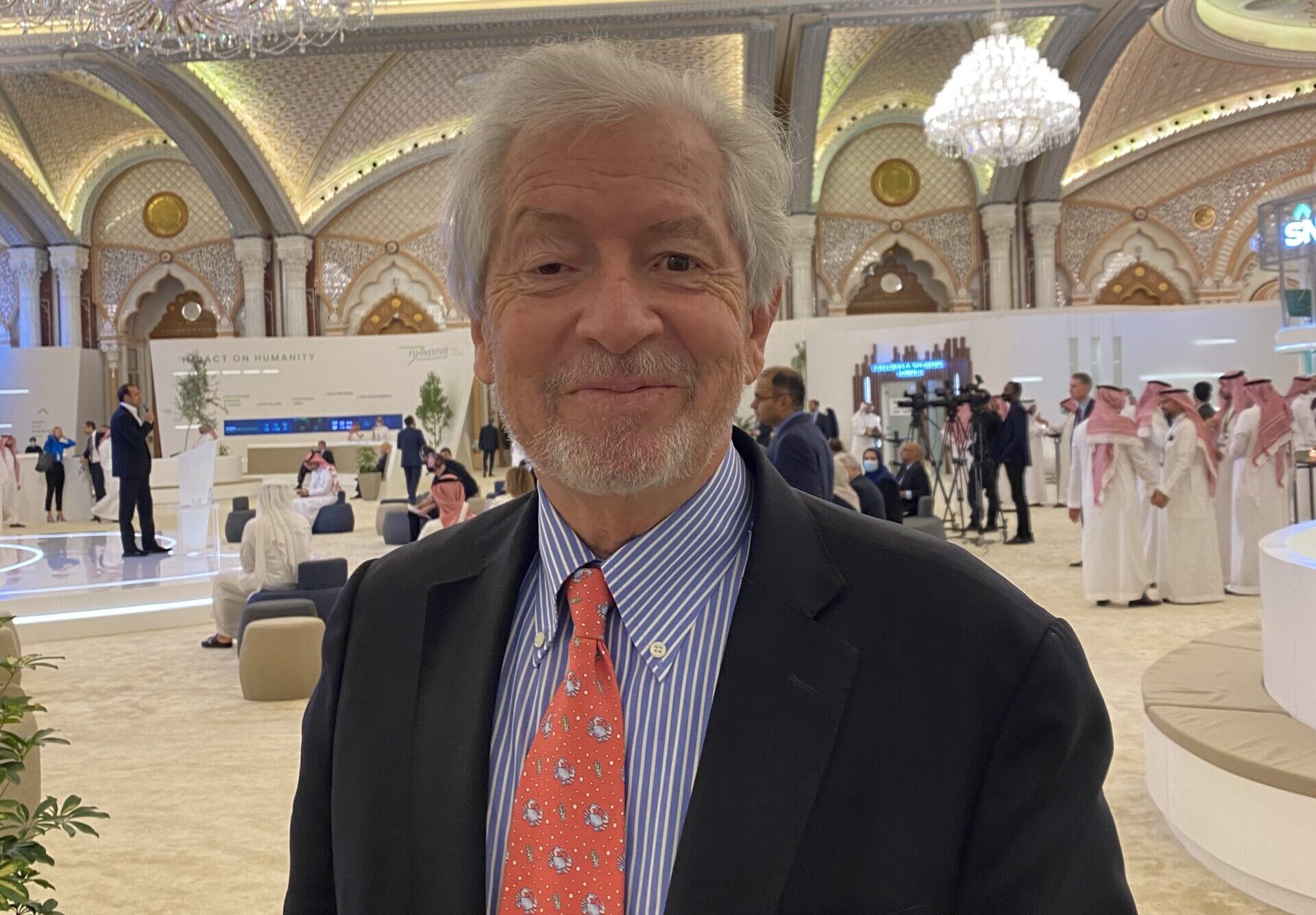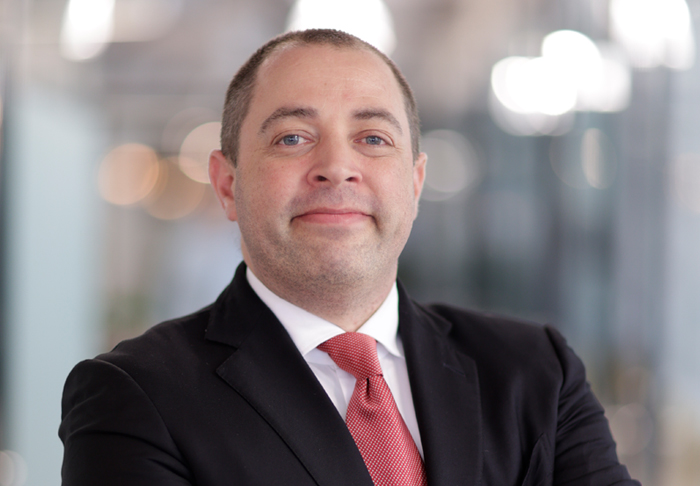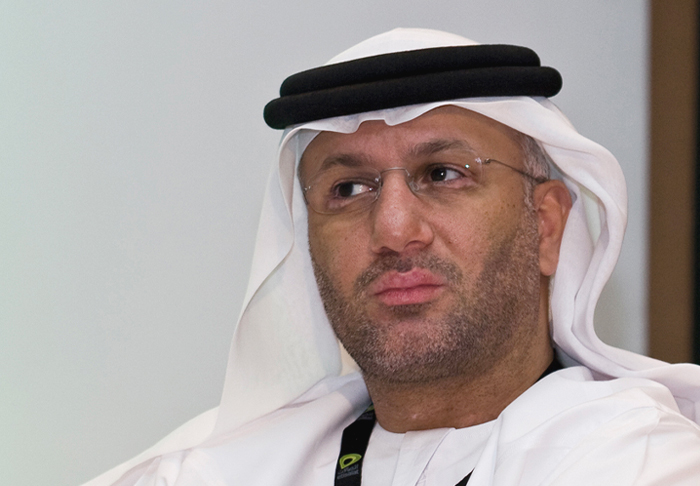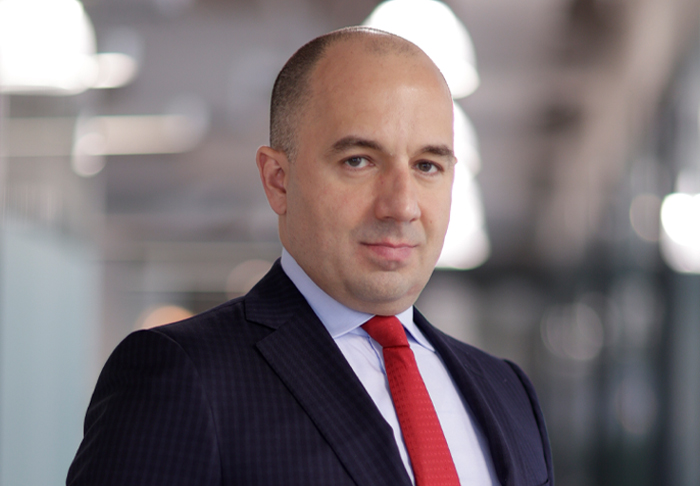This article was originally featured on LinkedIn.
Chinese high tech companies arriving in the UAE can feel like being shot out of a cannon, landing on a bullet train flying 200 km/hour. The UAE government’s digitization in-the-making of work and life present a massive opportunity. The government relations opportunities here are palpable. Emirati leaders are transforming their high tech economy and the world’s largest Chinese high tech multinationals realize that the UAE has become the “center of gravity” in the Arab high tech policy world, a regional market of 190m+ users, in other words, larger than the population of Russia.
As Chinese MNCs expand in to new markets, they face political backlash from Africa, Europe, Japan, and Australia. The Middle East has emerged as the one region of the world unambiguously welcoming, embracing Chinese tech companies. Chinese apps are soaring in popularity in the UAE where the largest revenue generating apps have recently become Chinese. But, Chinese tech businesses, beyond the military and old-school telecom sector, are still in their very early days in the Middle East before we get ahead of ourselves.
Their presence in the UAE is largely nascent, except for three: Huawei, pronounced “Hoo-wah-way”, Alibaba a company worth over twice as much as Chevron, and Tencent, an online gaming and social media MNC that’s become more valuable than ExxonMobil.
Huawei
Huawei, the world’s largest maker of telecom equipment, has scored a number of successes in the UAE building out the country’s national communications networks, accelerating the country’s high tech plans; developing sleek, new stores here the size of basketball courts, and recently signed an agreement with Etisalat to develop next generation data centers. As the UAE adopts 5G, Huawei is slated to bring a range of IoT enabling capabilities to the emirates enable including driverless cars, facial recognition cameras, and internet-linked refrigerators but its not limited to the private sector.
Huawei has built up vibrant, solid ties with the government too, unveiling a partnership with The Dubai Executive Council and hosting the UAE’s top high tech regulator, the high-profile Telecom Regulatory Authority Director General in China – inking an agreement with him. Makes sense: The company employs 180,000 people, more than American Airlines and United Airlines — combined, 80,000 of which are now involved in R&D. The company’s ‘hometown’ headquarters of Shenzhen, held Dubai Week for the third time in September 2017 and it’s just getting started.
Alibaba
Alibaba (the founder, former English teacher-turned-entrepreneur, Jack Ma, says he named it Alibaba because the name had global recognition from 1001 Nights and he associated the name with “Open Sesame, opening the door to fortunes for small businesses plus it’s easy to pronounce for foreigners”) has unveiled plans with the Dubai Government to build a Chinese Tech Town in Dubai, slated to provide an incubator for robotics and AI tech companies, and will oversee 3,000 high tech companies in a space five times larger than the Pentagon, in a joint investment amounting to $600m.
China Tech Town is slated to be larger than any Chinese or American internet tech giant investment in a UAE physical presence including Amazon’s $580m Souq acquisition. The Emirati-Chinese flagship project aims to boost Chinese-Dubai cooperation in developing robotics, digital and A.I. technologies. Phase one will be completed by 2020. The Dubai Deputy Ruler HH Sheikh Maktoum bin Mohammed bin Rashid (makes sense as he is the Chairman of Dubai Technology and Media Free Zone Authority aka TECOM Investments). awarded Alibaba Cloud for making the largest high tech investment in Dubai in 2017 at Emirates Towers.
Alibaba earlier built up its UAE business providing eCommerce and cloud computing, establishing a physical presence in Dubai with an office and partnering with Dubai real estate heavyweight Meraas to build data centers in the Middle East in 2016. The two provide data storage, cybersecurity, big data, and machine learning, to provide cloud computing and big data services to MENA businesses and governments. Alibaba is also playing ‘the long game’ raising its profile in CSR to strategically position the company as a “net contributor” to the UAE, not just a taker. Alibaba Cloud rolled out Create@Alibaba Cloud Startup Contest in Dubai last month, awarding local winners up to $50,000 in cloud computing resources.
Alibaba has global ambitions. It handles more transactions annually than eBay and Amazon do combined. The company’s Founder Jack Ma pledged a few years ago to serve 2bn consumers around the world within 20 years. Ma has been far more high-profile than his counterparts as he looks to extend his company’s influence beyond China. Ma most recently made headlines in January when he became the first major Chinese business leader to publicly meet with Donald Trump after Trump won the U.S. election. Ma also met with Barack Obama when he was the U.S. President.
Tencent
Tencent, which’s name almost sounds like an American hip-hop rapper, has the highest revenue-generating app in the UAE in Players Unknown Battleground, an app which surpassed Netflix in revenue generated locally too. Saudi Arabia as well.
Tencent has cemented a strategic partnership with Dubai Tourism and has largely been participating in the UAE through its subsidiaries like two main business ‘engines’ of WeChat, a messaging app which includes free online video calls and is usually not blocked here unlike Western VOIPs, has over 1.89m users (mostly for messaging) despite only launching 5 years ago in the UAE.
Dubai Internet City spearheaded outreach efforts to Tencent in 2017 physically going out to Tencent HQ, makes sense given China has the world’s largest digital market at 735m+ users, and Tencent is the largest internet company within that and has the most popular apps in the UAE.
The Way Ahead
UAE high tech plans present an opportunity for companies ‘thinking at-scale’ about the Middle East, because the UAE is the ‘backdoor’ in to the region where companies can have a ‘soft entry landing’. It’s no coincidence that companies from Alphabet to Amazon put their regional HQs in Dubai. But ultimately, if American companies do not prioritize the Middle East a lot more, the UAE’s high tech sector will be built by someone else. The three things the UAE needs of technology, experts and capital, China has deep reservoirs of and they’re just getting started.
Read article on LinkedIn.


